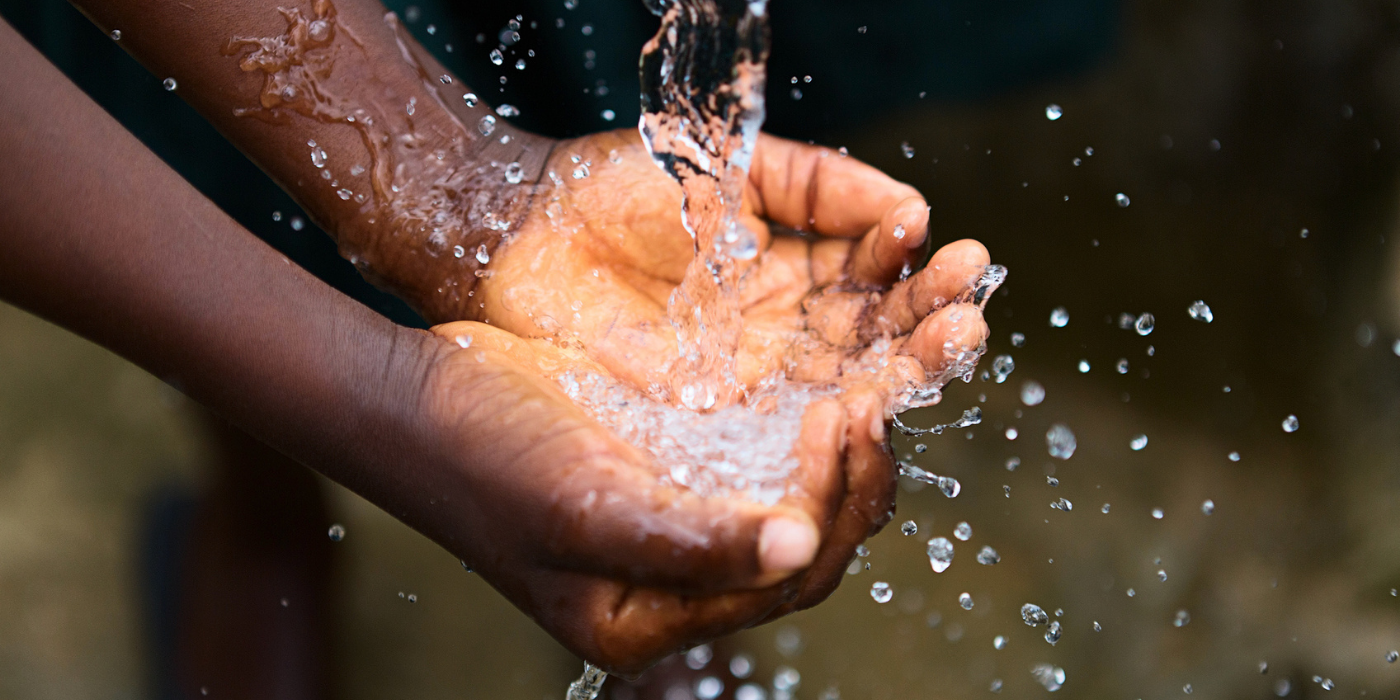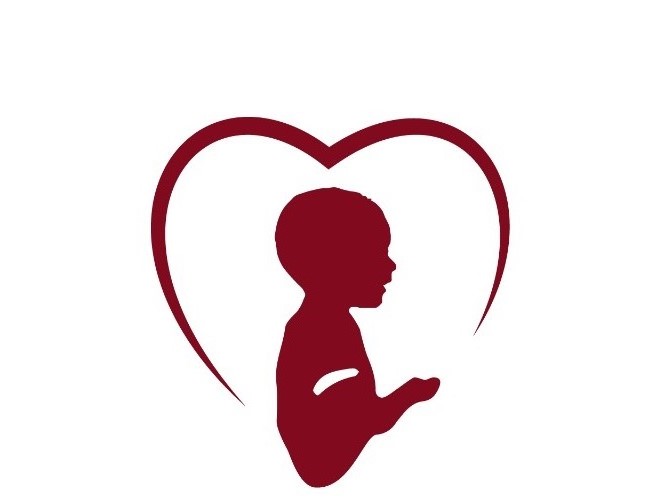
Benefits of drinking water
Water is crucial for many bodily functions, such as lubricating the joints, delivering oxygen throughout the body, preventing kidney damage, and more. Around 60 percent of the body is made up of water, and around 71 percent of the planet’s surface is covered by water.
Perhaps it is due to the constant availability of water that drinking adequate water each day is not at the top of many people’s priority lists.
Fifteen benefits of drinking water


Possible benefits of drinking water range from keeping the kidneys healthy to losing weight.
For one to function properly, all the cells and organs of the body needs water.
Here are some reasons our body needs water:
It lubricates the joints: Cartilage, found in joints and the disks of the spine, contains around 80 percent water. Long-term dehydration can reduce the joints’ shock-absorbing ability, leading to joint pain.
It forms saliva and mucus: Saliva helps us digest our food and keeps the mouth, nose, and eyes moist. This prevents friction and damage. Drinking water also keeps the mouth clean. Consumed instead of sweetened beverages, it can also reduce tooth decay.
It delivers oxygen throughout the body: Blood is more than 90 percent water, and blood carries oxygen to different parts of the body.
It boosts skin health and beauty: With dehydration, the skin can become more vulnerable to skin disorders and premature wrinkling.
It cushions the brain, spinal cord, and other sensitive tissues: Dehydration can affect brain structure and function. It is also involved in the production of hormones and neurotransmitters. Prolonged dehydration can lead to problems with thinking and reasoning.
It regulates body temperature: Water that is stored in the middle layers of the skin comes to the skin’s surface as sweat when the body heats up. As it evaporates, it cools the body. In sport, some scientists have suggested that when there is too little water in the body, heat storage increases and the individual is less able to tolerate heat strain. Having a lot of water in the body may reduce physical strain if heat stress occurs during exercise. However, more research is needed into these effects.
The digestive system depends on it: The bowel needs water to work properly. Dehydration can lead to digestive problems, constipation, and an overly acidic stomach. This increases the risk of heartburn and stomach ulcers.
It flushes body waste: Water is needed in the processes of sweating and removal of urine and feces.
It helps maintain blood pressure: A lack of water can cause blood to become thicker, increasing blood pressure.
The airways need it: When dehydrated, airways are restricted by the body in an effort to minimize water loss. This can make asthma and allergies worse.
It makes minerals and nutrients accessible: These dissolve in water, which makes it possible for them to reach different parts of the body.
It prevents kidney damage: The kidneys regulate fluid in the body. Insufficient water can lead to kidney stones and other problems.
It boosts performance during exercise: Dehydration during exercise may hinder performance. Some scientists have proposed that consuming more water might enhance performance during strenuous activity. More research is needed to confirm this, but one review found that dehydration reduces performance in activities lasting longer than 30 minutes.
Weight loss: Water may also help with weight loss, if it is consumed instead of sweetened juices and sodas. “Preloading” with water before meals can help prevent overeating by creating a sense of fullness.
It reduces the chance of a hangover: When partying, unsweetened soda water with ice and lemon alternated with alcoholic drinks can help prevent overconsumption of alcohol.
kidney damage


Water is essential for the kidneys to function. If the kidneys do not function properly, waste products and excess fluid can build up inside the body. Untreated, chronic kidney disease can lead to kidney failure. The organs stop working, and either dialysis or kidney transplantation is required. Urinary tract infections (UTIs) are the second most common type of infection in the body. If infections spread to the upper urinary tract, including the kidneys, permanent damage can result. Sudden, or acute, kidney infections can be life-threatening, particularly if septicemia occurs.
Drinking plenty of water is a simple way to reduce the risk of developing a UTI and to help treat an existing UTI. Kidney stones interfere with how the kidneys work. When present, it can complicate UTIs. These complicated UTIs tend to require longer periods of antibiotics to treat them, typically lasting 7 to 14 days.
The leading cause of kidney stones is a lack of water. People who report them often do not drink the recommended daily amount of water. Kidney stones may also increase the risk of chronic kidney disease. The guidelines state that increasing fluid intake to enable 2 liters of urination a day could decrease the risk of stone recurrence by at least half with no side effects.
Dehydration happens if we use and lose more water than the body takes in. It can lead to an imbalance in the body’s electrolytes. Electrolytes, such as potassium, phosphate, and sodium, help carry electrical signals between cells. The kidneys keep the levels of electrolytes in the body stable when they function properly. When the kidneys are unable to maintain a balance in the levels of electrolytes, these electrical signals become mixed up. This can lead to seizures, involving involuntary muscle movements and loss of consciousness.
In severe cases, dehydration can lead to kidney failure, which can be life-threatening. Possible complications of chronic kidney failure include anemia, damage to the central nervous system, heart failure, and a compromised immune system.
Sources
Some of the water required by the body is obtained through foods with a high water content, such as soups, tomatoes, oranges, but most come through drinking water and other beverages.
During everyday functioning, water is lost by the body, and this needs to be replaced. We notice that we lose water through activities such as sweating and urination, but water is lost even when breathing. Drinking water, whether from the tap or a bottle, is the best source of fluid for the body.
Milk and juices are also good sources of fluid, but beverages containing alcohol and caffeine, such as soft drinks, coffee, and beer, are not ideal because they often contain empty calories. Drinking water instead of soda can help with weight loss.
It was previously thought that caffeinated beverages had diuretic properties, meaning that they cause the body to release water. However, studies show that fluid loss because of caffeinated drinks is minimal.
Recommended intake
How much water we need to consume is influenced by the climate. The amount of water needed each day varies from person to person, depending on how active they are, how much they sweat, and so on. There is no fixed amount of water that must be consumed daily, but there is general agreement on what a healthy fluid intake is. According to the U.S. National Academies of Sciences, Engineering, and Medicine, the average recommended daily intake of water from both food and drink is:
-
For men: Around 3.7 liters or 125 ounces
-
For women: Around 2.7 liters or 91 ounces
This would be around 15.5 cups for men and just over 11 cups for women. However, around 80 percent of this should come from drinks, including water, and the rest will be from food.
This means that:
-
Men should drink around 100 ounces, or 12.5 cups of fluid
-
Women should drink around 73 ounces, or just over 9 cups
Fresh fruits and vegetables and all non-alcoholic fluids count towards this recommendation.
Times when it is most important to drink plenty of water include:
-
when you have a fever
-
when the weather is hot
-
if you have diarrhea and vomiting
-
when you sweat a lot, for example, due to physical activity
Facts
Here are some facts about water:
-
Babies and children have a higher percentage of water than adults. When babies are born, they are about 78 percent water, but this falls to 65 percent by the age of 1 year.
-
Fatty tissue has less water than lean tissue.
-
Adult humans are 60 percent water, and our blood is 90 percent water.
-
Water is essential for the kidneys and other bodily functions.
-
When dehydrated, the skin can become more vulnerable to skin disorders and wrinkling.
-
Drinking water instead of soda can help with weight loss.


We believe that every child deserves access to quality healthcare, regardless of their background or financial situation; our mission is to improve their health and well-being by providing free surgeries to those who need them most but cannot afford them.

